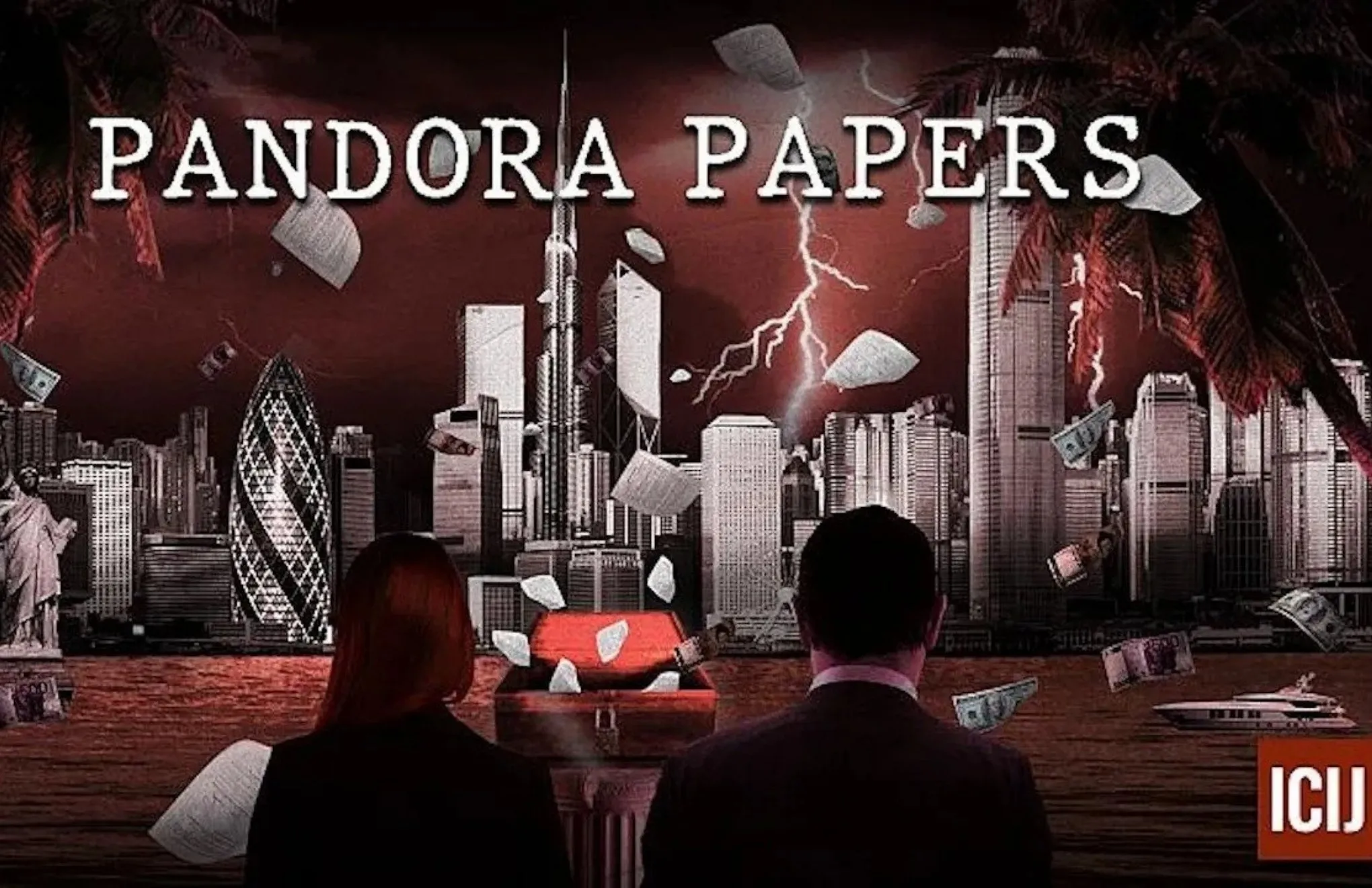Triangle: Lebanon’s political leadership, the Pandora Papers and the IMF
“The Pandora Papers constitute just another episode in the long-running saga of elite capture and control in Lebanon. That’s because the contents of the papers do not run counter the average Lebanese’s conception of their current (or past) political leadership—shrewd, often wealthy and able to twist and turn the rules of the game to their advantage,” writes Triangle Director of Policy Sami Halabi for the Italian Institute for International Political Studies.
As tensions on the streets rise in Lebanon’s political and socio-economic crisis, the quest for political accountability in continues, not least into the 2020 Beirut port blast, and the long-term misappropriation of state funds. Between a plummeting economy, an ongoing energy crisis, and enduring shortages of fuel, medicines, and other essential goods, the Miqati government is set to begin talks with the IMF. The conditions laid down by the international financing body will be one of the key factors determining hope for change to the devastated nation. Read the full roundup below.
